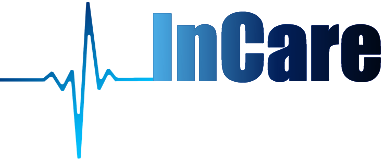What is narcolepsy?
Narcolepsy is a brain disorder where you have overwhelming daytime sleepiness and sometimes sudden attacks of sleep. You may end up falling asleep in situations such as while eating, driving, or talking. Most people develop narcolepsy during their teens and early 20s, although it can happen earlier or later than that. Narcolepsy can interfere with work, school, or other normal daily activities. Some people with narcolepsy may also have associated depression or anxiety.
What are the symptoms of narcolepsy?
Narcolepsy can cause the following:
- Falling asleep at inappropriate times, and these are called “sleep attacks”
- Falling asleep during the daytime
- Feeling, seeing, or hearing things that aren’t present in the moments before falling asleep or immediately after waking up
- Cataplexy: falling suddenly to the ground, feeling weak, mainly when laughing, angry, or excited
- Sleep Paralysis: being unable to move or talk in the moments immediately after waking up
How is narcolepsy diagnosed?
When your doctor suspects you may have narcolepsy, they may send you to get a sleep study, where you will visit a sleep lab to get connected to monitors which will evaluate your breathing, heart rate, brain waves activities, and other bodily functions during your sleep. After your sleep study, you may have another test to see how quickly you fall asleep when the lights are dim. If you have narcolepsy, your sleep test results may come back abnormal.
What is the treatment for narcolepsy?
If you have narcolepsy, you should:
- Take scheduled naps during the day
- Keep your sleep schedule regular
- Get enough sleep every night
- Avoid medications that can make you sleepy
Your doctor may have you begin medications to help with your daytime sleepiness and narcolepsy. These medications may cause high blood pressure, irregular heartbeats, and other side effects. Sometimes even with these medications, you may still feel sleepy during the day. Driving can be hazardous for people who have narcolepsy.
Do you think you have Narcolepsy? Call our Pulmonary Clinic at (978) 254-4983 to get scheduled as soon as possible. Click here to Contact Us. If you are experiencing a medical emergency, please call 911.


